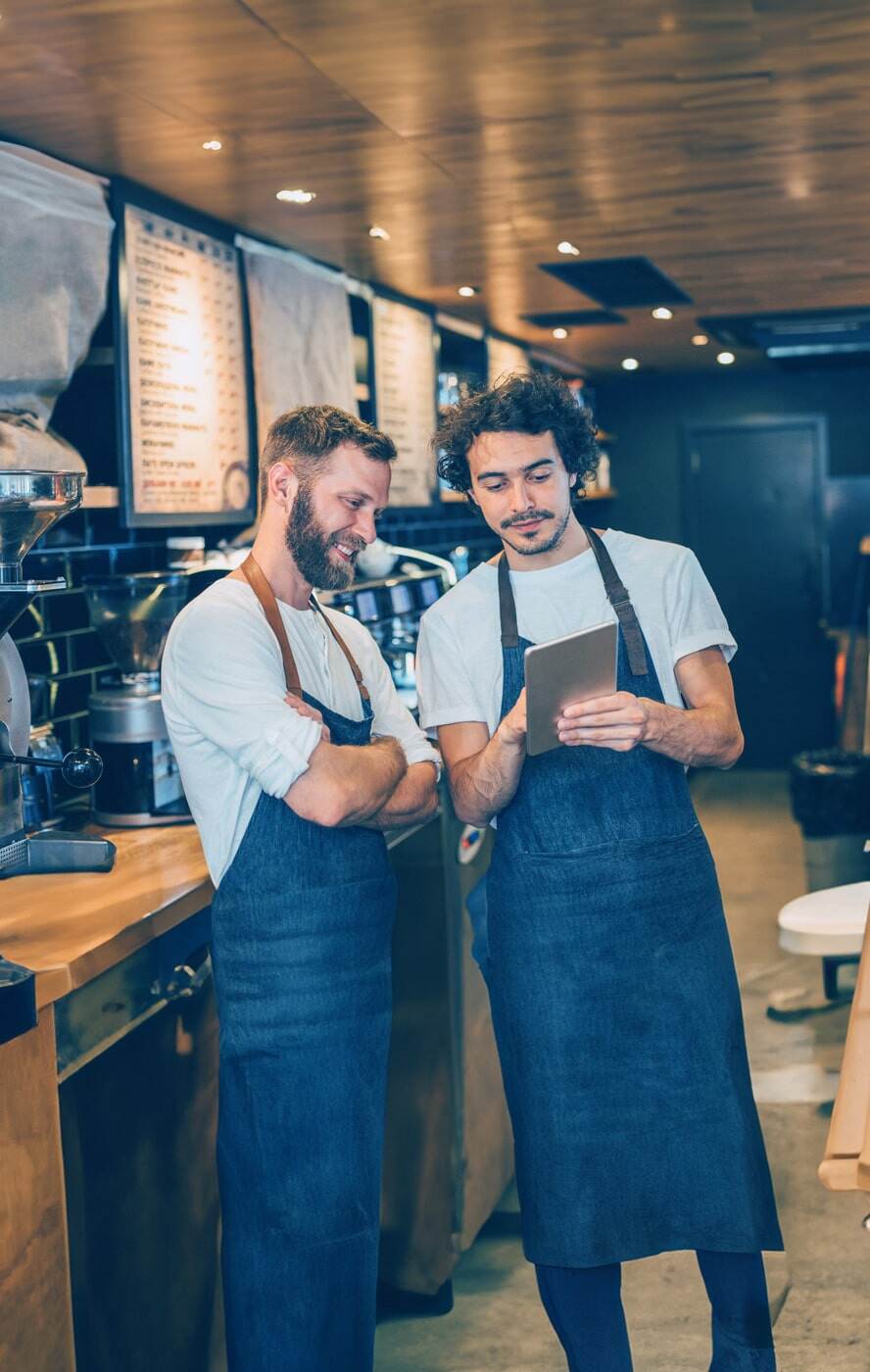While guests have long been sharing their plates, having a little of everything, restaurateurs are lone wolves. My restaurant, my chef, my guests. Doing business alone instead joining forces . Yet restaurateurs could benefit from cooperation with other restaurant operators, reducing costs and increasing sales. And successful cooperation with mutual benefits doesn't even require contracts. Here's some food for thought:
Economy of kale
The classic form of cooperation is the pooling of resources. In the catering industry, joint purchasing is lucrative, better prices, from gas to kale. An "economy of kale," so to speak. In addition, there are also many possibilities for cooperation, e.g. joint insurance and joint use of special equipment, etc.
But why not go further? For example, with a shared pool of employees. In hardly any other industry does the need for employees fluctuate as strongly and at such short notice as in the catering industry. There's a shortage of staff here, and a shortage of guests there. Workloads in restaurants are like tides, from low to high tide, why not balance out the fluctuations together?
A win-win situation for restaurateurs and employees alike. Staff also depend on a constant income. And last but not least, they can continue their education with insights into other businesses - without being lost to the restaurant during working hours.
Don't let the fish off the hook
On the supply side, it's great to share. And what about on the demand side? In restaurants, supply does not equal demand. At least not in the short term. While one store is humming at lunchtime, the other is bursting at the seams in the evening. Or one is always booked up on Friday, the other on Saturday.
Restaurateurs can recommend each other's guests. If a targeted restaurant cannot be reserved at a certain time, guests look around for alternatives. If they don't have an idea of their own, they search on Google or on portals. But restaurants can control the flow of visitors in a much more targeted way in association with others.
This is especially true for restaurateurs with multiple restaurants. Why lose guests to the competition and not offer free seats in the other outlet right away when making online reservations if the desired restaurant is fully booked? This principle has already been implemented by the L'Osteria Group, for example. If one of the restaurants is not bookable at the desired time, the guest is made directly aware of the other L'Osteria outlets in the same city.
Other examples include the Laax Group in the Swiss ski resort of Flims-Laax in Graubünden and the Monte Cervin Palace hotel in Zermatt. When making online reservations, customers are automatically offered free places to book at the company's other establishments if the restaurant is fully booked.
But even those who do not have several businesses can implement the principle quite simply. After all, why not cooperate with friendly restaurateurs and thus jointly increase the occupancy rate? The aleno reservation system offers this online function. So once the fish has taken the bait, it stays on the hook. Doing business together has never been easier.
Cooperation will benefit all those involved
The principle can be extended: joint offers, joint events. A drink here, a movie there, a meal there. In this way, offers can be put together that bring in new guests. And once they've been won over, they'll be happy to come back. Furthermore, contemporary guest management via newsletters and attractive offers makes it much easier to pick them up and bring them back to the restaurant.
However, restaurateurs can also use the shared guest database for targeted marketing or respond to the guest's preferences already during the first visit thanks to the information from the guest database. Perfect service right from the start.
So, if you don't want to let your guests go, but want to entertain and delight them yourself or in partner establishments, you can now use aleno’s reservation system to easily keep guests coming back and increase sales.





